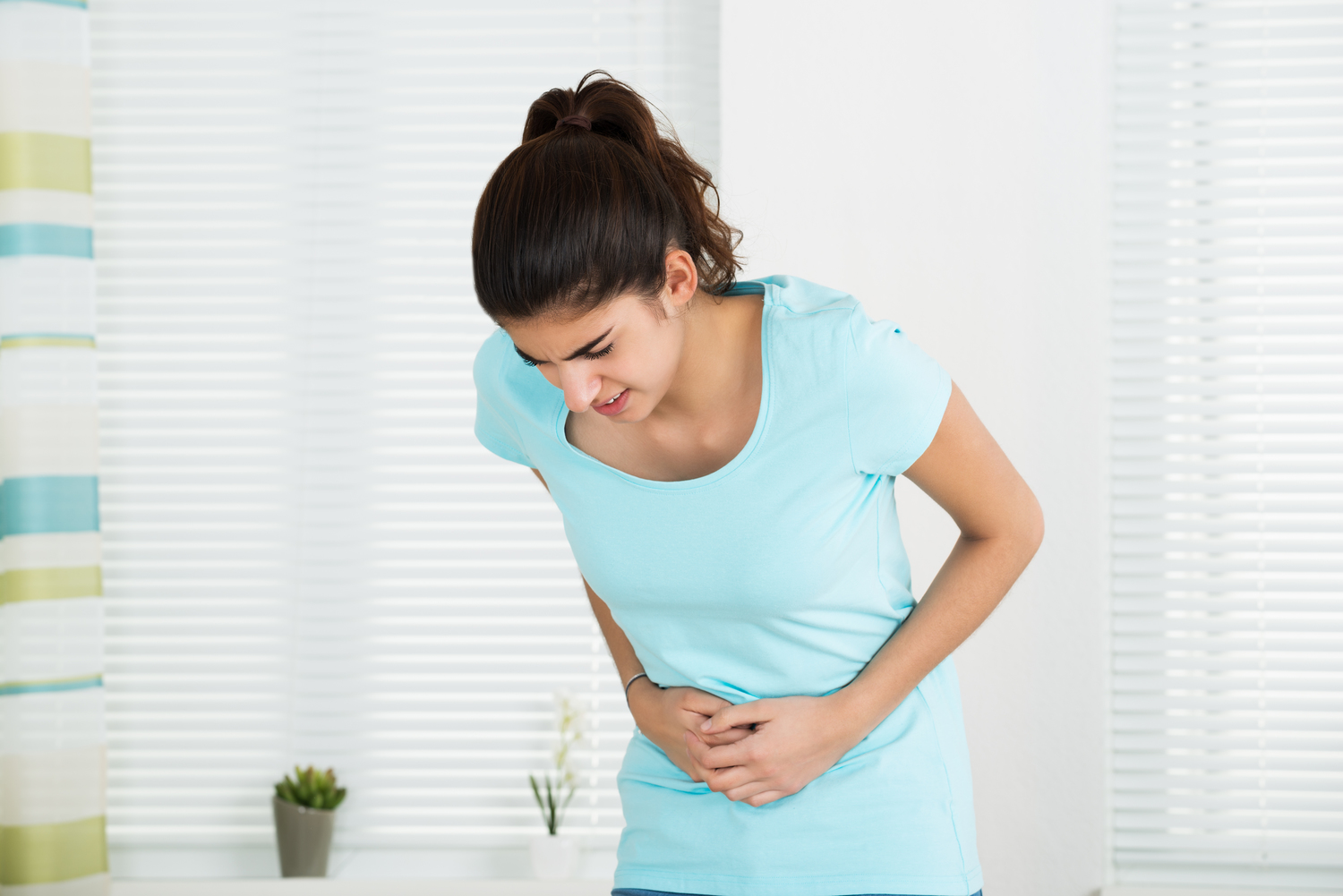
Natural Treatments for Overactive Bladder
An overactive bladder (or OAB) is a prevalent illness that results in the bladder’s inability to store urine at standard, healthy capacity. Symptoms of OAB usually include frequent bathroom use, inability to retain urine, frequent bathroom usage at night, and urinary incontinence. OAB can result from advanced age, weak pelvic muscles, or an underlying health condition (i.e., Parkinson’s disease or diabetes).
Luckily, there are several natural remedies to assist in lessening and managing the symptoms of OAB, such as:
1. Do Kegel exercises
Overactive bladder in women can be triggered by weak pelvic muscles. These muscles are used to control how urine flows, and as such, when they become ineffective, the urine flow is adversely affected. To locate the muscles, try to retain your urine midstream, then try squeezing the muscles for three ten-second intervals every time you release urine. This activity strengthens the muscles within the bladder so as to keep urine longer, thus effectively limiting the overactive bladder OAB symptoms in women.
2. Avoid caffeine
Within your diet, some foods are irritants to the urinary process. As such, caffeine and those like it increase the bladder’s activity, which results in an increase in the number of times you experience symptoms. Therefore, limit liquid intake and switch to caffeine-free liquids for a notable improvement in symptom occurrence.
3. Quit smoking
Lifestyle changes are also paramount to controlling OAB. Smoking can result in coughing spells that allow leaking to occur from irritated bladder muscles. Additionally, smoking can prompt the body to feel like it needs to go more often. It is best to remove smoking entirely from the equation in order to control and limit the effects of your condition correctly.
4. Eat a fiber rich diet
In keeping with making lifestyle changes, it is best to include more fiber in your diet. Since the colon and the bladder are in close proximity to each other, a full colon can place excessive strain on the bladder area, which prevents it from filling correctly. Foods like beans, fruits, and veg are high in fiber, increase bowel movement, and avoid constipation, thus alleviating this problem.
5. Shed excess weight
If it is that you are overweight, the extra body mass can place unwanted force on the midsection, which contains the pelvic muscles and bladder. This stress can result in further incontinence that happens when you indulge in everyday activities like laughing, sneezing, or lifting objects. You can maintain a healthy weight range by adhering to a balanced diet as well as participating in regular exercise to help with long term management.
OAB in women and men is not a rare occurrence. While it can be a sign of a more serious underlying illness, a few adjustments to your current lifestyle can effectuate lasting and practical changes that limit the negative repercussions of the condition. Talk to your doctor concerning medication to combat the symptoms, and simply follow the steps above to help manage embarrassing and uncomfortable OAB symptoms.



